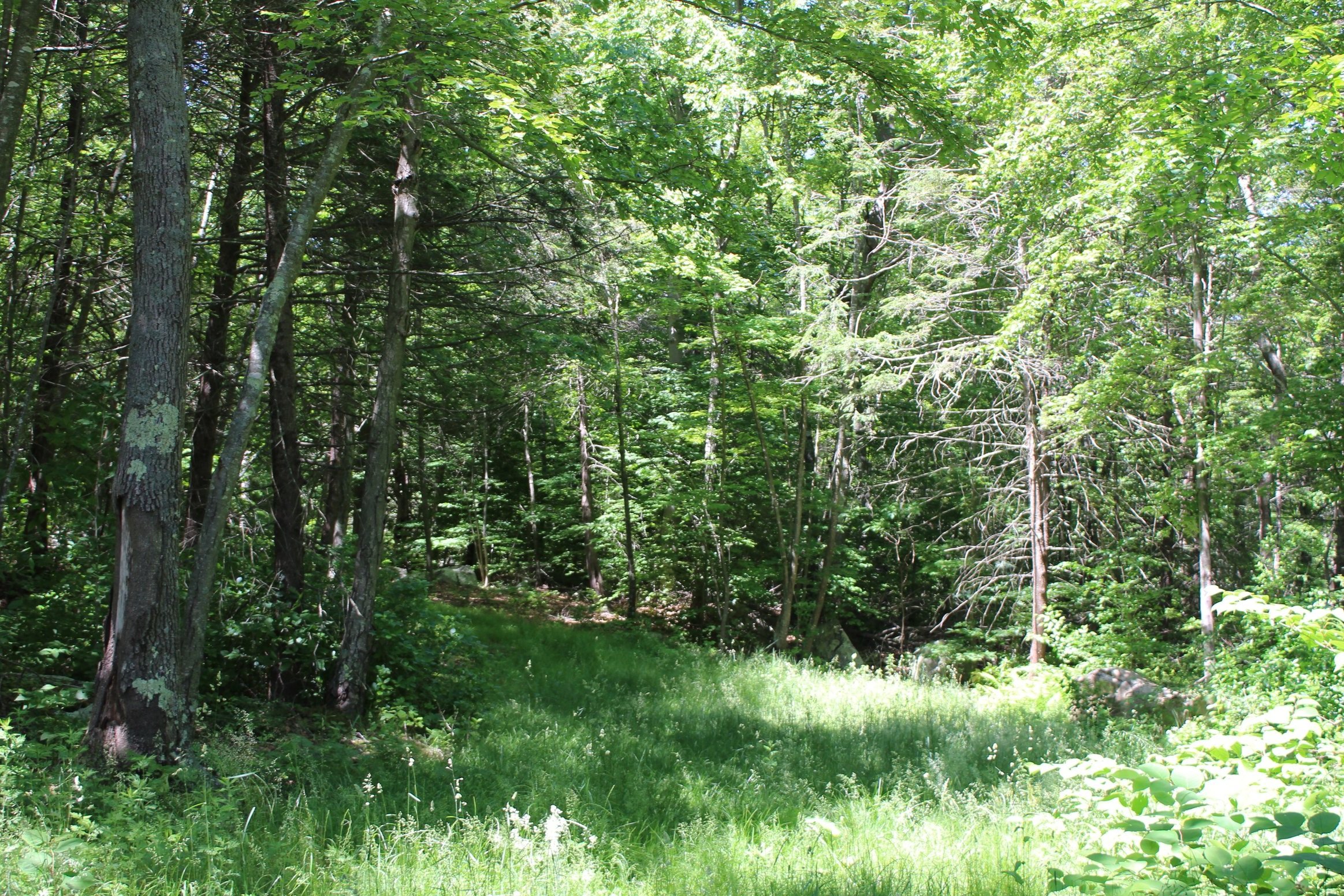Our Natural Resources
Rhode Island is fortunate to have an abundance of natural resources - such as water, soil, air, and forests. It us up to us to protect these natural resources that benefit us and our environment in so many ways! Read on to discover Rhode Island’s natural resources - and one bonus resource at the end!
Water
From Narragansett Bay to the Sakonnet River, and every pond and tributary in between - Rhode Island’s water is one of our most abundant (and threatened) natural resources. According to RIDEM, the Ocean State has approximately 1,420 miles of rivers, 20,749 acres of lakes and ponds, and approximately 15,500 acres of freshwater swamps, marshes, bogs and fens as well as close to 72,000 acres of forested wetlands.
RISCC is committed to protecting Rhode Island’s watershed through a range of programs and green infrastructure initiatives, such as Eastern RI Conservation District’s residential rain barrel program and Northern RI Conservation District’s “Healthy Farm, Healthy Watershed” program.
Soil
Our soil is alive! Yes you read that right - soil is not just dirt, it is an entire ecosystem that is at risk. Fertilizers, residential and commercial development, and the popularity of pristine grass lawns threatens our soil’s health. Health soil helps farmers yield better crops, promotes health of our wild animals, and helps coastal erosion.
RISCC works to improve soil health through our soil health programs.
Healthy soil is characterized by good soil tilth, sufficient root depth, good water storage capacity & drainage, sufficient supply of nutrients, low populations of plant pathogens & insect pests, large populations of beneficial organisms, low weed pressure, freedom from chemicals and toxins that harm crops, resistance to degradation, & resilience when unfavorable conditions occur.
Economic benefits of healthy soil:
Better plant growth, quality & yield
Reduced risk of yield loss during periods of environmental stress
Better field access during wet periods
Reduced fuel costs by requiring less tillage
Reduced input costs by decreasing losses, improving efficiency of fertilizer, pesticide, herbicide, and irrigation application
Air
We breathe it in all day long, but we rarely give much thought to our air. We need clean air to breathe - as do our wild animals. Not to mention the harm that polluted air causes our lungs and our planet. Programs like seedling sales, forest preservation, and The People’s Garden program encourage planting of plants that clean our air (in addition to other great outcomes)!
Forests
Forests have many amazing benefits: they fight climate change by absorbing carbon dioxide and releasing oxygen, they help maintain water quality by filtering polluted stormwater, they provide safe habitat for wildlife, and they allow us humans to experience nature and enjoy the stress relieving benefits of being outdoors. RISCC connects landowners who have forests on their land to their local conservation district to create a Farm Conservation Plan to preserve this precious resource.
The Rhode Island Department of Wildlife Management works with foresters to create conservation plans statewide. Nationally, our national forests, prairie and grasslands are guided by land management plans that work as roadmaps to sustain the health, diversity, and productivity of national forests and grasslands through the National Forest Service.
Our Community!
Our community is a valuable resource that we want to protect and grow just like our natural resources!
We believe that tight knit communities are more likely to have pride of place and want to protect our beautiful, natural home. Projects like Southern RI Conservation District’s Fresh Harvest Kitchen and Eastern RI Conservation District’s Earth Month & Seedling Sale programs are growing more than just vegetables and plants - they are growing community.




